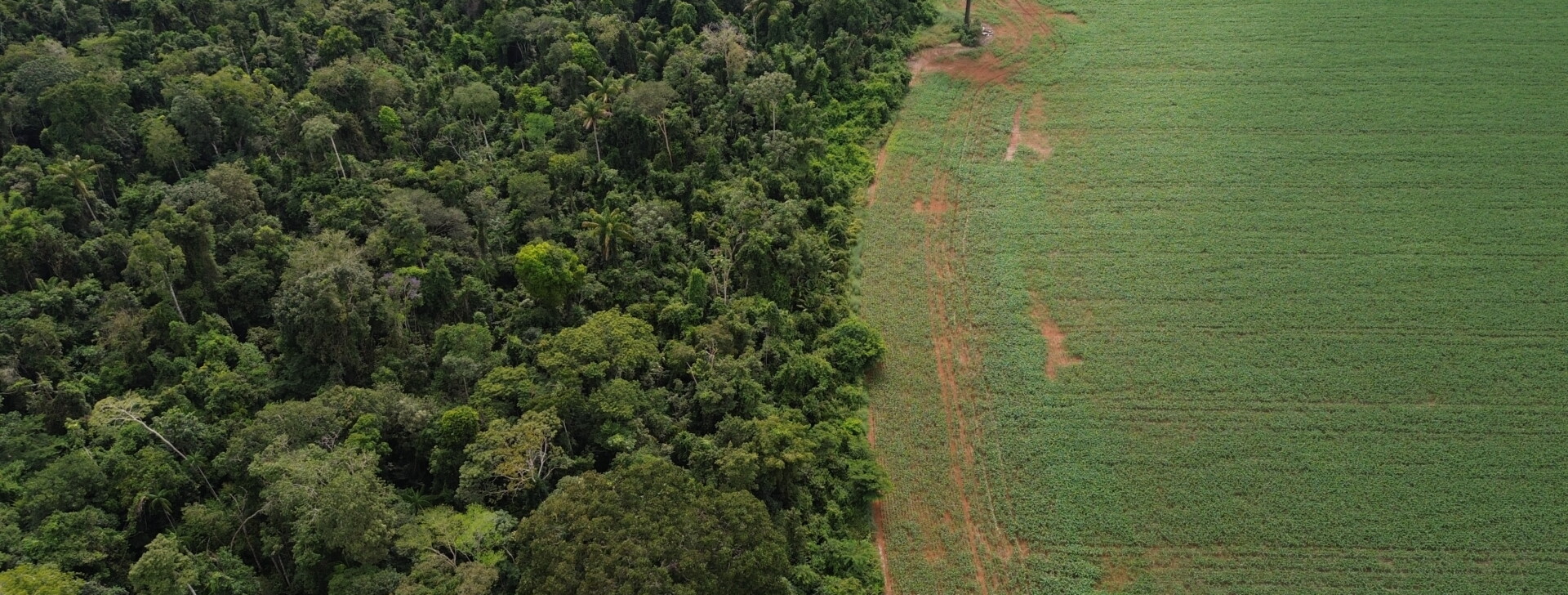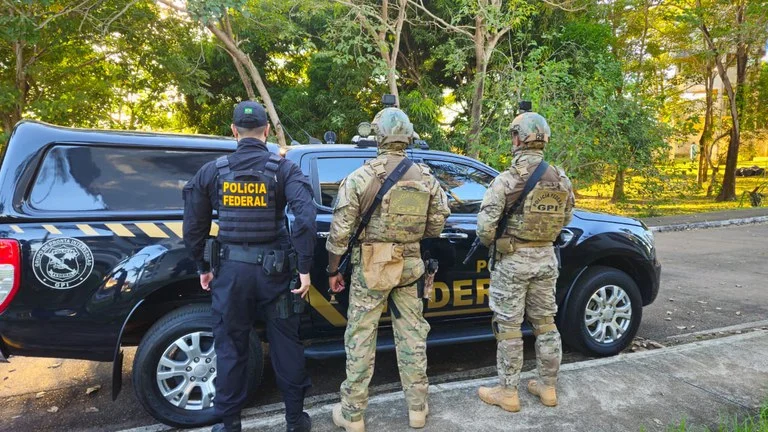Amazon states fail to listen to communities about carbon credits
07 de October de 2025

By Fred Santana – From Cenarium
MANAUS (AM) – A survey conducted by the Climate Watchers Project of the Fiquem Sabendo organization, between March and May 2025, points to gaps in the documentation of prior consultation processes with Indigenous Peoples and traditional communities, as well as in the systematization of carbon credit projects in the states of the North and Northeast regions, including those within the Legal Amazon.
According to the report “The Duty to Document”, only six states, Amapá, Alagoas, Pernambuco, Ceará, Tocantins, and Paraíba, provided any list or example of processes involving prior consultation, while most others claimed not to have the information or redirected requests to the National Foundation for Indigenous Peoples (Funai) and the National Institute for Colonization and Agrarian Reform (Incra).
In Amapá, the report records four consultations in the last five years. The State Secretariat of Environment (Sema) listed licensing procedures that included “public consultation through hearings,” citing companies and projects such as São Manoel Agrícola (Itaubal), Porto Grande Mineração (Porto Grande), Amapá Logistics Platform (Santana), and CL RJ 017 Empreendimentos e Participações S.A. (Santana).

The document notes that the state’s response showed confusion between public hearings and prior consultations, a distinction the report stresses is important because hearings do not fulfill the prior consultation procedure established by the International Labor Organization (ILO) Convention 169.
Amazonas reported that it was not possible to provide the communications sent to federal agencies in cases affecting traditional communities and even stated that, in its view, there is a “regulatory gap” regarding prior consultation. The state said it is drafting guidelines for the procedure, initiated in 2024. The report registers these statements but does not quantify any prior consultation processes informed by the state.
In Pará, the survey indicates that under the State REDD+ Jurisdictional System, no carbon credit sales have yet occurred, though an agreement for future commercialization was signed. The document states there were no data on actual transactions provided by the state at the time of the survey.
Rondônia responded that it had no data on prior consultations recorded but pointed out two REDD+ projects on public lands, identified as Rio Cautário Extractive Reserve (Resex) and Rio Preto Jacundá Extractive Reserve (Resex), representing, in the survey, the public projects mentioned by the state.

Roraima stated that it had no records of prior consultation processes and was unaware of private carbon credit projects. The state reported having no ongoing government REDD+ project, adding that its State REDD+ Policy is still under development and lacks regulation for registering private projects.
Tocantins mentioned studies related to the paving of highway TO-010, which crosses Indigenous territory, and said it is monitoring the consultation process in dialogue with Funai. The state also reported having a Jurisdictional REDD+ Program that has not yet carried out any carbon credit transactions, as well as at least one voluntary market project whose credits would be deducted from the state program to avoid double counting. No consolidated figures of prior consultations conducted by the state were presented in the survey.
Acre, according to the compiled responses, stated that it did not have the requested information and would forward contact to Funai; Maranhão did not respond to the specific request within the deadline. In general terms, the report notes that, except for the six states that submitted some list, “all others stated they did not have the information” or claimed that responsibility rested with federal agencies — yet failed to present documents proving such communications.
The report also includes data from federal databases mentioned in the states’ responses: Funai holds over 12,700 archived environmental licensing processes, though, according to the report, without detailed systematization (such as the name of the Indigenous people, location, or project description). Incra has a smaller database, with fewer than 400 processes involving quilombola communities, containing more complete data such as project descriptions, responsible parties, and locations. These national figures are included as reference points, showing that many states redirected requests to federal bodies without maintaining their own records.
Few states documenting
Regarding state programs and REDD+ projects, the survey indicates that few states document voluntary market initiatives: only Amapá, Rondônia, and Tocantins mentioned such projects in non-exhaustive lists. The report notes that Alagoas was the only state to fully comply with the request, submitting a spreadsheet of Payments for Environmental Services (PES) projects, but that, overall, there is a “severe lack of records of voluntary market projects” among the states surveyed.
The document concludes with recommendations for states to systematize filters and metadata in their environmental licensing archives, indicate when prior consultations occur, improve document management, and engage in the negotiation and supervision of carbon credit projects to ensure compliance with legislation and rights.

